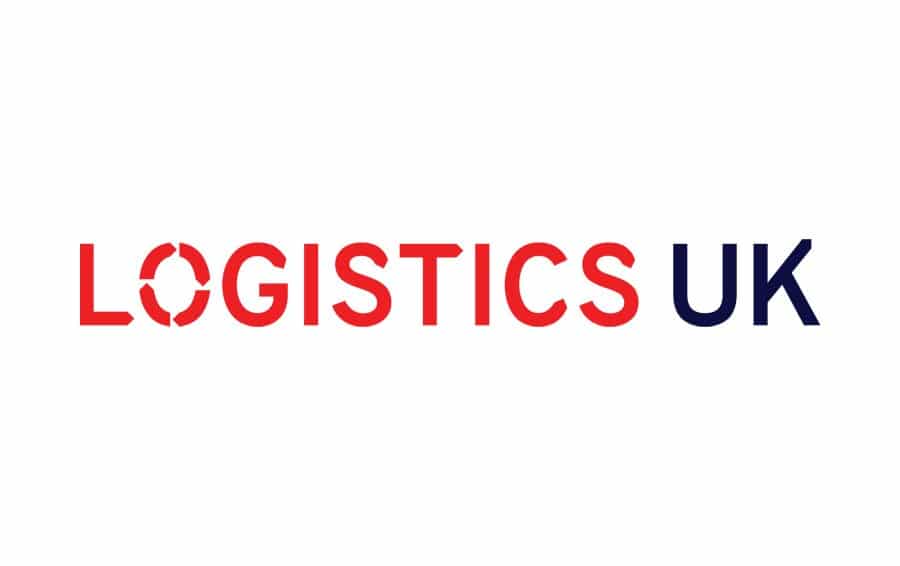Responding to reports that negotiations between the UK and EU are facing issues over continued access to the EU market for UK hauliers, business group Logistics UK is urging the government to keep pressing for a deal with their European counterparts:
“Leaving the EU without a free trade agreement would hurt businesses on both sides of the Channel,” said Elizabeth de Jong, Logistics UK’s policy director, “putting pan-European supply chains at risk and potentially driving up the price of trade between the UK and its biggest trading partner. There are two sides to every border, and we are very hopeful that the EU will recognise the economic benefits to having continued access to the UK market for its hauliers, while acknowledging the contribution that UK hauliers bring to their own market. After all, the EU’s hauliers do double the value of haulage trade in the UK that the UK’s own operators do in the EU.
“Logistics UK is hopeful that a compromise can be reached in negotiations – without one, the situation for both UK and EU hauliers is very bleak, as the alternative permit system provides very little access on either side of the border, and the resulting slowdown in traffic across the border would put the nation’s interconnected supply chain at risk.”
Logistics UK (formerly FTA) is one of the UK’s leading business groups, representing logistics businesses which are vital to keeping the UK trading, and more than seven million people directly employed in the making, selling and moving of goods. With COVID-19, Brexit, new technology and other disruptive forces driving change in the way goods move across borders and through the supply chain, logistics has never been more important to UK plc. Logistics UK supports, shapes and stands up for safe and efficient logistics, and is the only business group which represents the whole industry, with members from the road, rail, sea and air industries, as well as the buyers of freight services such as retailers and manufacturers whose businesses depend on the efficient movement of goods.






